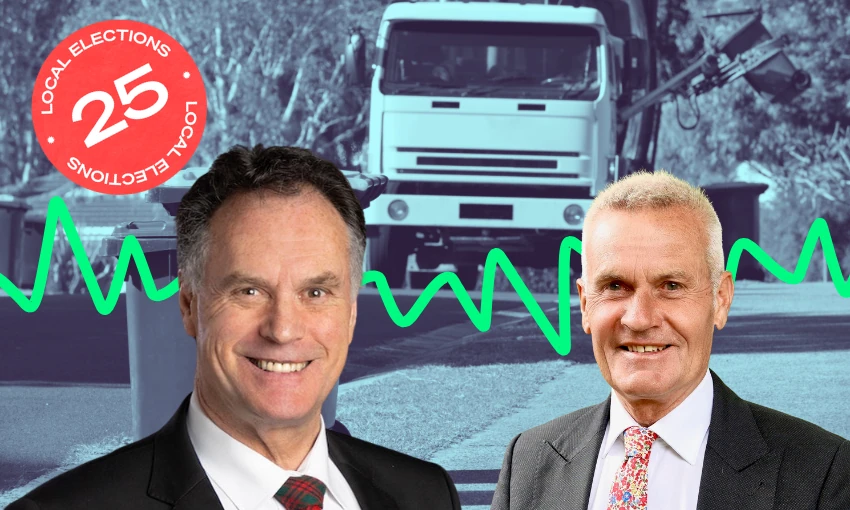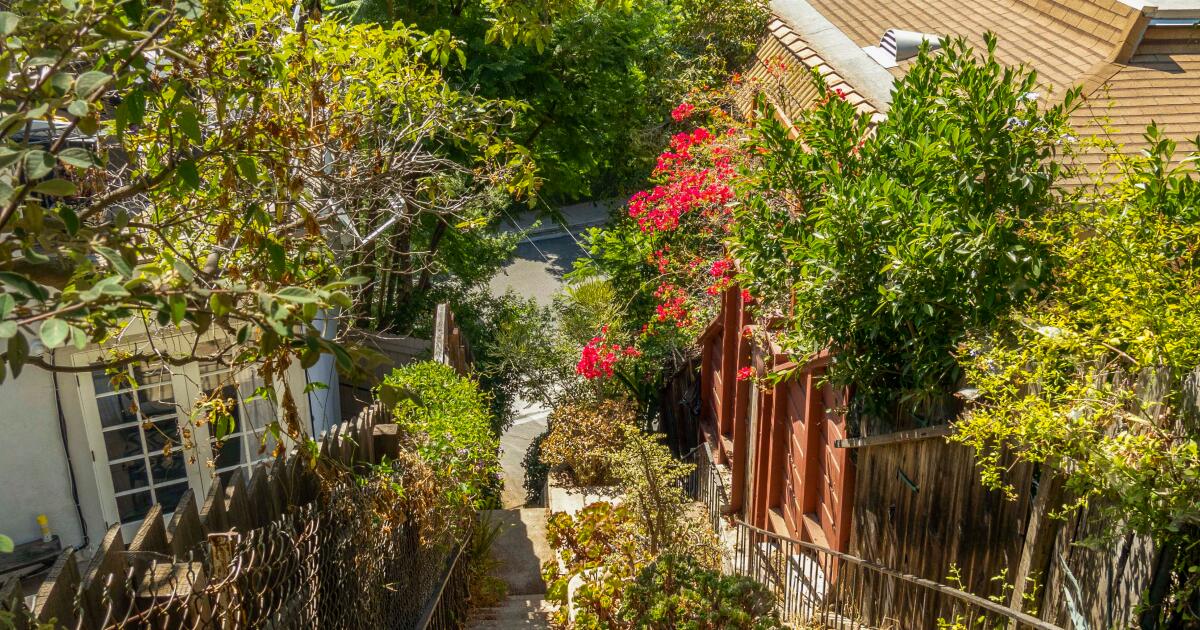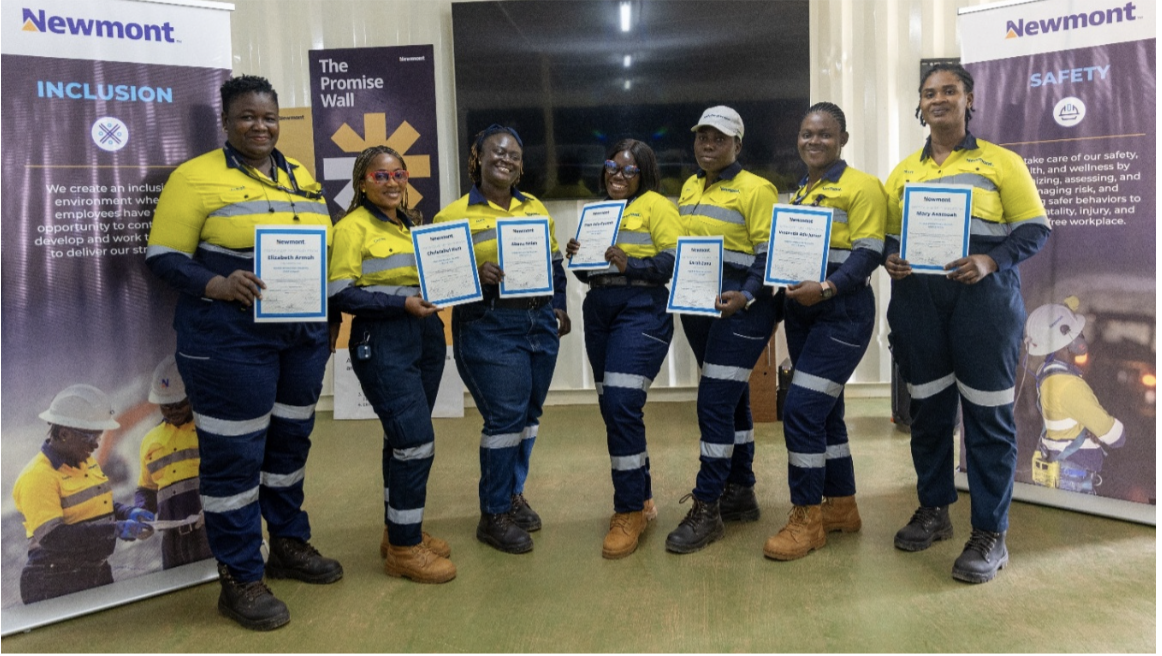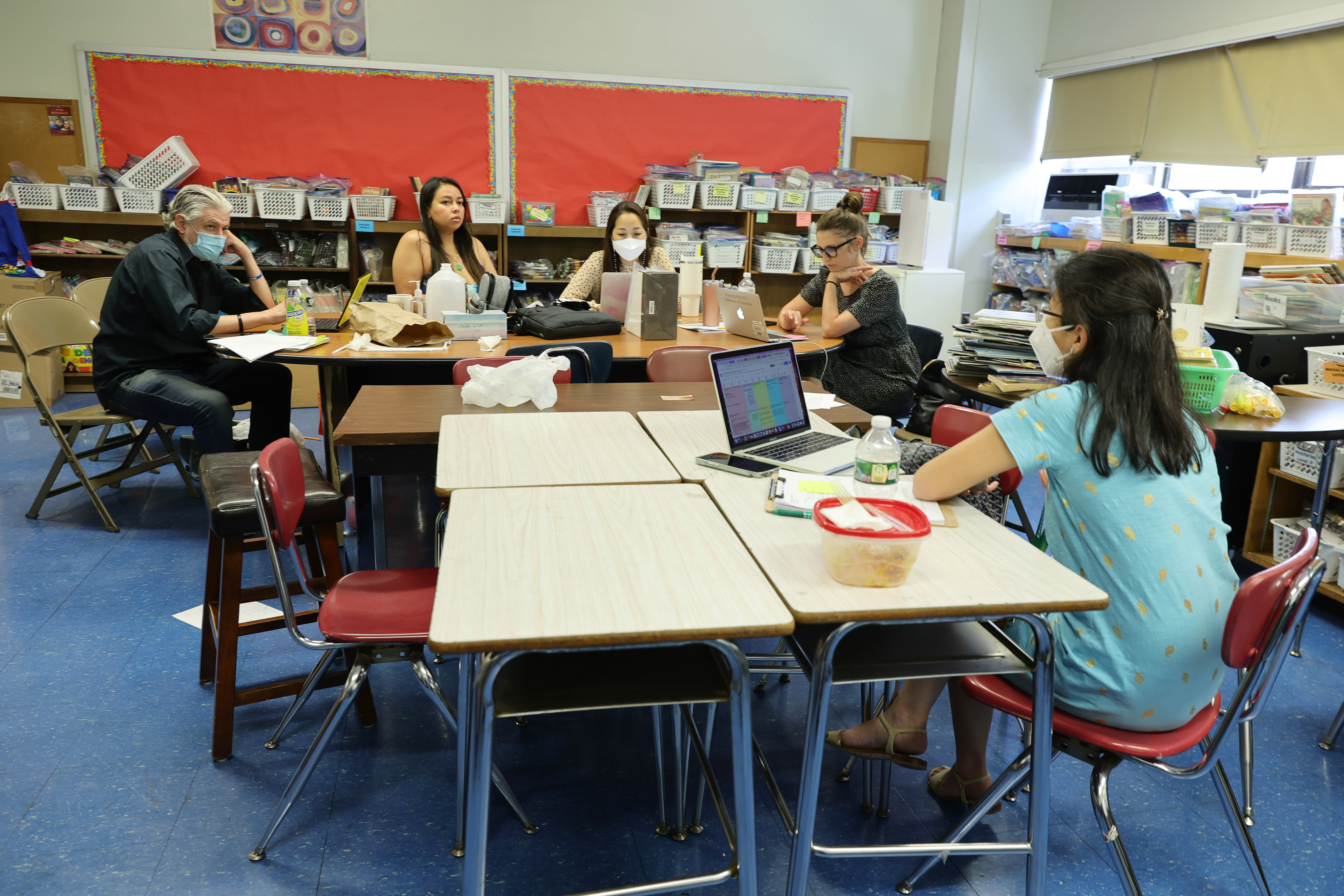By Shanti Mathias
Copyright thespinoff

A group of Dunedin local body candidates has forced Smooth Hill, the city’s proposed new landfill, onto the election agenda – but mayor Jules Radich and other candidates say there’s no point in returning to a decision that’s been made.
“Are you sure it’s a controversial issue?” says Jules Radich, mayor of Dunedin, on the phone. I’m calling to ask him about Smooth Hill, the proposed Dunedin landfill. It’s a topic that has come up frequently in the media and Dunedin mayoral debates ahead of the local election. The main reason Smooth Hill is being mentioned so much is one of the men running against Radich for mayor: Andrew Simms.
Dunedin’s waste is currently sent to a local landfill at Green Island (a suburb, not an actual island), which is nearly full. In 2022, the council received consent to build a new landfill at Smooth Hill on the Taieri Plains to the south of Dunedin. The site had initially been investigated as a possible landfill in the 1990s. In July 2025, the council confirmed $92.4m of funding to build the landfill, timing construction so it could be ready for when Green Island fills up in 2029 or 2030.
“I’ve been fighting this for a year, but there are some people who have been fighting it for more than a decade,” says Simms. The landfill, which the council has budgeted $92m for, has become a point of intense interest for Simms and Future Dunedin, his election ticket. The cost is the main reason he’s so focused on it: Simms, who runs a car dealership, wants to reduce rates. “If it was $100m for my business, I’d be looking under every stone before committing to that decision,” he says.
Looking under every stone, to Simms, has meant research. “He’s probably spent thousands of his own dollars,” says Bex Twemlow, the other key member of Future Dunedin (numerous others have left the ticket). Simms isn’t sure about how much money he’s spent, but estimates he’s dedicated at least 400 hours to the cause: visiting landfills at Winton in Southland and Kate Valley in North Canterbury to see how they operate, reading resource consent applications, writing long Facebook posts about the landfill and hosting an event last week to discuss the issue; Twemlow estimates that at least 250 people attended.
Simms says Dunedin doesn’t produce the volume of waste that would warrant a massive new landfill, and the city can instead truck its waste to other areas. Making the Smooth Hill landfill work would require the council to compete with commercial operators to receive industrial waste (for example from construction). As waste reduction measures continue, the landfill makes less sense, he says. “It’s a third of a billion dollars, and it could become redundant.”
The landfill, like all landfills, would damage the environment. Placing the landfill about five kilometres from the airport increases the risk of bird strike, if planes hit loitering seagulls. “The planes might be grounded, or people might have to shoot birds as part of the resource consent,” says Twemlow.
At local election events, Simms estimates that 80-90% of people support reopening public consultation on the landfill – although he acknowledges that there’s a degree of self-selection in the people who attend. Just the cost of interest on the loan to fund the landfill, as well as depreciation, would be better spent on other services, he says, like community housing. “On the back of an envelope, that’s about $7.5m a year, which could build 30 community houses.” Simms says that current councillors, who agreed to build the facility, don’t want to admit that they were wrong.
To other candidates, though, spending money on the landfill is about creating an asset, not a liability. “Dunedin keeps 100% of the revenue,” says Radich. It’s reason three of his five reasons why Smooth Hill is a good idea. He says a local landfill will also reduce transport costs and emissions, provide autonomy, offer back-up in case of a major disruption like an earthquake and create local jobs. The budgeted $94m – estimated costs are actually $80m – is a “completely appropriate amount of money to spend”, he says.
Radich objects to the council investing too much in “nice-to-haves”, like cycle lanes, which don’t provide any return on investment, but says that the landfill, which will be user pays, is a good investment. He disagrees with Simms’ assertion that most people and candidates want to reconsider the landfill. “It’s an easy thing to jump on if you’re looking at a budget for things you can cut,” but at most mayoral forums he’s been to (there are, after all, 15 others running for Radich’s position), most other candidates don’t support relitigating the landfill.
“No one wants a landfill in their backyard, so I do sympathise for people in the area,” says Lachlan Akers, a 25-year-old who wants to represent Dunedin’s young people on council. But landfill waste has to go somewhere. “Part of being a good kaitiaki to this area is not shipping the waste to other places.” Akers says he hasn’t heard from many people who are concerned about the landfill during his campaign. “It’s getting so much attention because of Future Dunedin,” he says. He doesn’t buy Simms’ suggestion that Dunedin doesn’t produce enough waste, either. “It’s not a bad thing that we have so much waste diversion [ie recycling and composting] – it means the asset will last a long time.”
Regardless of whether Dunedin’s next council chooses to relitigate the location of the landfill, the council needs to keep focusing on reducing waste – an area where most candidates actually agree. Radich says that Dunedin’s multi-bin system works well, and that organics collection means “there’s not much rotting waste going to landfill.”.
While Akers supports continuing with Smooth Hill, he says the council’s move away from private operators for bin collection has already made a big difference in North Dunedin’s student quarter: it’s not as common as it used to be to see streets covered with rubbish after a night of partying. “People are taking care of their own backyards.”
Simms says the council’s Green Island transfer station is working well to improve amounts of recycling. “Where we should be spending is to absolutely be minimising what goes into the landfill.”
If Dunedin’s next council chooses to reopen the question of the Smooth Hill landfill, there will be an opportunity cost: staff time and council time being used to make the decision again, at the expense of other things. Even if Simms and Twemlow are elected, there’s no guarantee the other new councillors will be supportive. “Taking five or six days of council time for $100m makes sense – this project is the biggest since the stadium, and there are numerous other projects which require funding,” Simms says. “I think there are enough councillors who are uneasy that if they see public support they will reach for a real opportunity to revisit the process for this decision.” Again, Radich disagrees. “There’s no point relitigating: consent has been achieved. It’s out of sight, out of mind, and a long way out of town,” he says.



